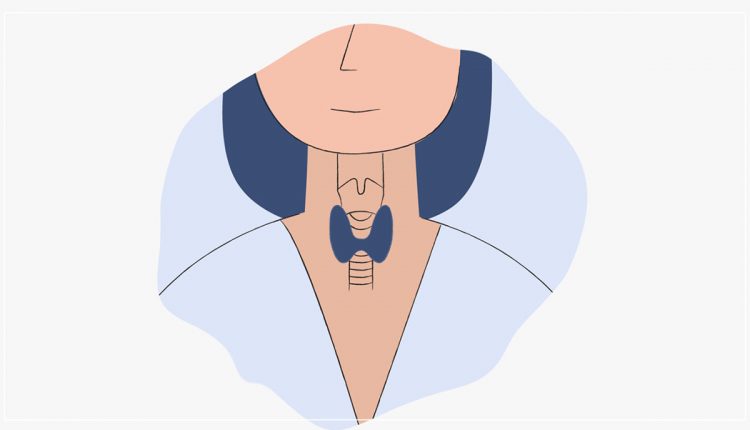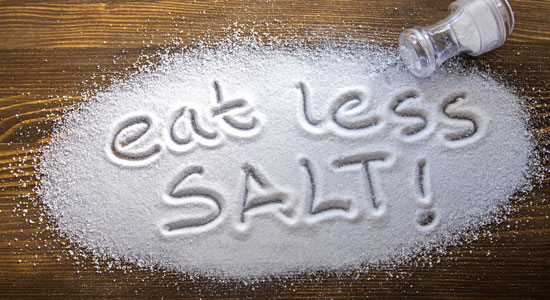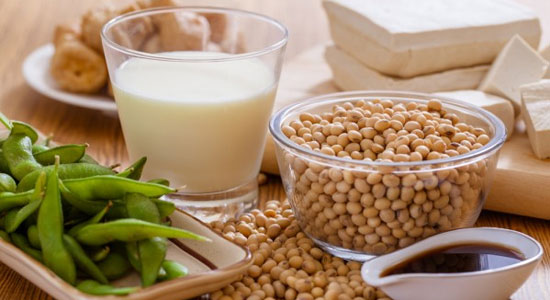
The Worst Foods for Your Thyroid
The thyroid gland influences almost all of the metabolic processes in your body. A number of people experience thyroid problems in which the gland secretes excess amounts of hormones, a condition known as hyperthyroidism, while a significant amount also undergo the effects of hypothyroidism, when the thyroid gland secretes fewer amounts of hormones than it should. The effects of such a hormone misbalances are anxiety, rapid heartbeat, weight loss, excessive sweating and sleep problems in the case of hyperthyroidism; fatigue, increased appetite, weak muscles and shortness of breath for hypothyroidism, among other problems.
While the uncomfortable and unpleasant effects are often treated with medication, a careful and well-maintained diet can make the world of a difference. Here is a list of foods to avoid in the cases of hyper- and hypothyroidism.

If you are suffering from an increased secretion of thyroid hormones, i.e. hyperthyroidism, then you should most definitely stay away from foods that contain iodine – a substance that increases the activity of the thyroid gland, thus, worsening your condition. Seaweed, kelp and other seafood are often rich with this mineral. Many packets of salt sold in supermarkets have added iodine in them, and should be avoided as well, and ordinary salt should be purchased and consumed in its stead.

Coffee, sugar or other caffeinated or stimulating foods and drinks should also be greatly reduced in your diet as they also stimulate the thyroid gland to secrete greater amounts of the hormone it is already releasing in excess. As an alternative, try having more glasses of water and healthy fruit juices instead.

In some people hyperthyroidism causes lactose intolerance, and in these cases dairy products must then also be avoided. If you feel indigestion or bloating after consuming dairy products, then you will have to stay away from those foods as well.

For people with hypothyroidism, amounts of soy in the diet must be greatly reduced. This is because it contains a hormone called phytoestrogen, which interferes with the body’s ability to use the thyroid hormone. Since this essential substance is already being under-secreted, the intake of soy greatly worsens the problem.

Consuming cruciferous vegetables are also extremely hazardous if you are suffering from hypothyroidism. These foods include brussel sprouts, cabbage, cauliflower, kale and turnips. The digestion of these vegetables can interfere with the thyroid’s ability to absorb iodine, which is essential for normal thyroid function.

People with hypothyroidism should consider minimizing their gluten intake, a protein found in foods processed from wheat, rye, barley and other grains. Gluten can upset the small intestine and may hinder absorption of thyroid hormone replacement medication.
In terms of fruit; peaches, pears and strawberries should be taken in moderation by people who experience the effects of hypothyroidism.
By following this guide to adjusting your diet if you have either hypo- or hyperthyroidism, the effects should hopefully be minimized, and your health will also improve. However, this controlled diet cannot always be considered the sole solution to these conditions – if the cases are severe, medication and specific treatment will be required.

